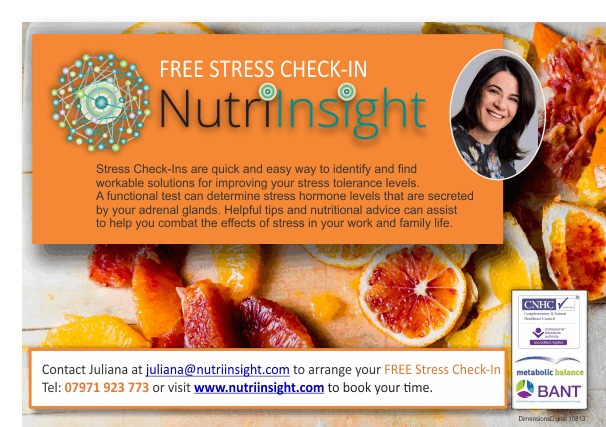"B" - Healthy:
Are you getting enough B vitamins?
Good health starts with these building blocks known as Vitamins B1, B2, B3, B5, B6, B7, B9 and B12.
Building blocks for good health come from a variety of foods, even if they are from the same family of nutrients. Such is the case with these 8 B- vitamins. They are key players in maintaining cell health and keeping you energized. So replenished them daily to guarantee that the body is getting enough B vitamins consistently.
As the name suggests, vitamin B is complex. For years Vitamin B was seen as single vitamin until researchers found that vitamin B rich sources like yeast and liver were rich in multiple vitamins with their own special properties.
The different types of vitamin B all come from different types of foods and have different functions. Vitamin B12, for example, is found primarily in meat and dairy products. B7 and B9 (and, to some degree, B1 and B2) are found in fruits and vegetables.
Deficiencies of any of the Vitamin B’s can lead to health problems. The symptoms of deficiency depend on what type of vitamin B you lack. They can range from fatigue and confusion, to anaemia or a compromised immune system. Skin rashes also can occur.
The most common types of vitamin B - what they do, which foods contain it, and why you need it:
Vitamin B12:
What it does: Vitamin B12 helps regulate the nervous system. It also plays a role in growth and red blood cell formation.
Which foods contain it: Vitamin B12 is found primarily in meat and dairy products, so strict vegetarians are at risk for a deficiency. People over 50 also need to have their levels checked as it declines with age.
Why do you need it: Vitamin B12 deficiencies can lead to anaemia and confusion in elderly people. Anaemia can result in symptoms which include: extreme tiredness or fatigue, a lack of energy or lethargy, being out of breath, feeling faint, headache, ringing in the ears (tinnitus), lack of appetite, mood changes, irritability and depression.
Vitamin B6:
What it does: Vitamin B6 (pyridoxine) helps the body turn food into energy. It can also help the body fight infections. Pregnant and breastfeeding women need it to help their babies’ brains develop normally. Vitamin B6 helps the body make several neurotransmitters, chemicals that carry signals from one nerve cell to another. It is needed for normal brain development and function, and helps the body make the hormones serotonin and norepinephrine/noradrenaline, which influence mood, and melatonin, which helps regulate the body clock.
Which foods contain it: B6 can be found in sunflower seeds, pistachio nuts, lentils, cooked spinach, fish, poultry, liver, potatoes, and non-citrus fruit.
Why you need it: Insufficient amounts of B6 can result in anaemia as well as skin disorders, such as a rash or cracks around the mouth. A lack of B6 can cause depression, confusion, or a susceptibility to infections.
Make the smart move and include Vitamin B rich food when planning your diet. An easy way to “B” and stay healthy!


















